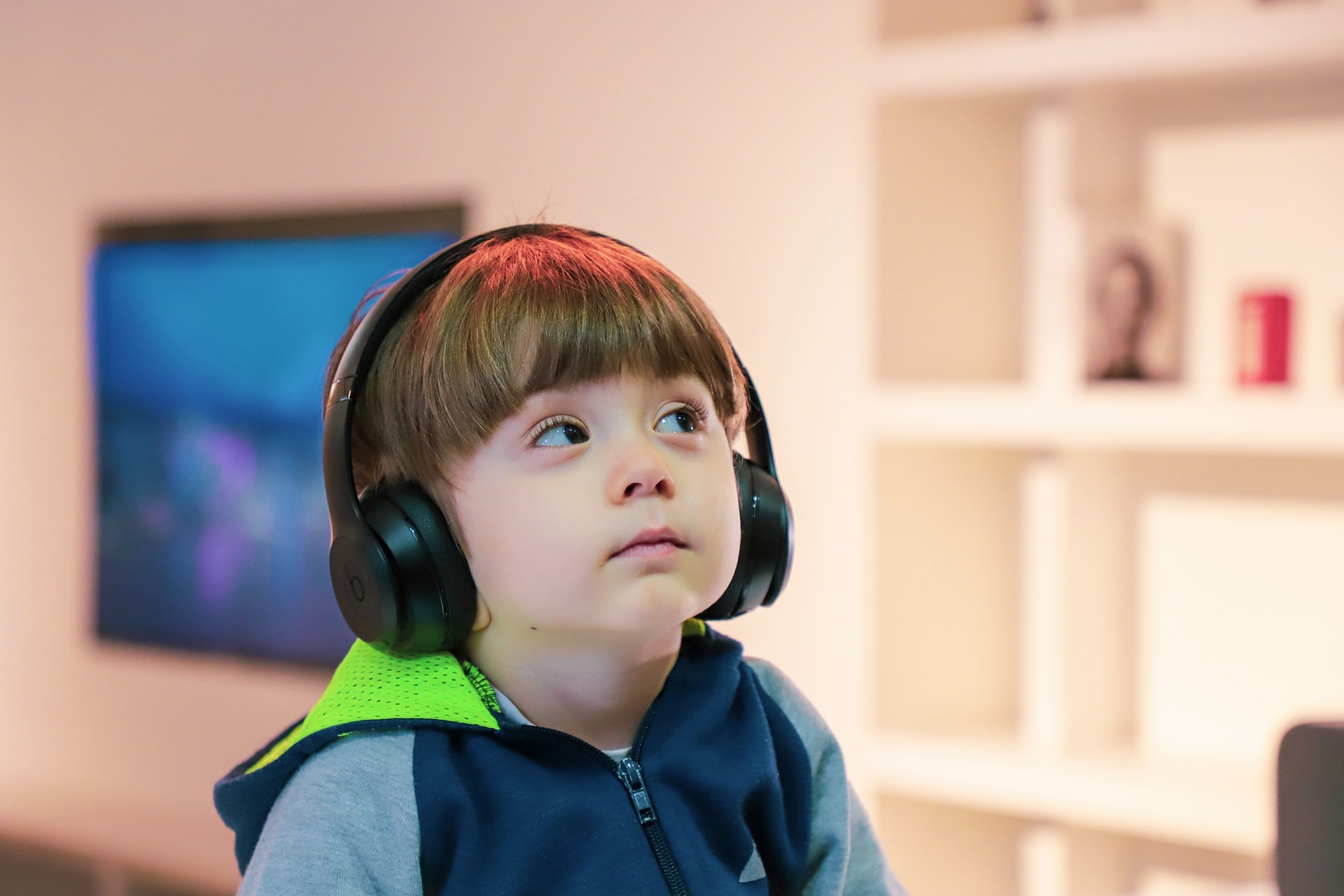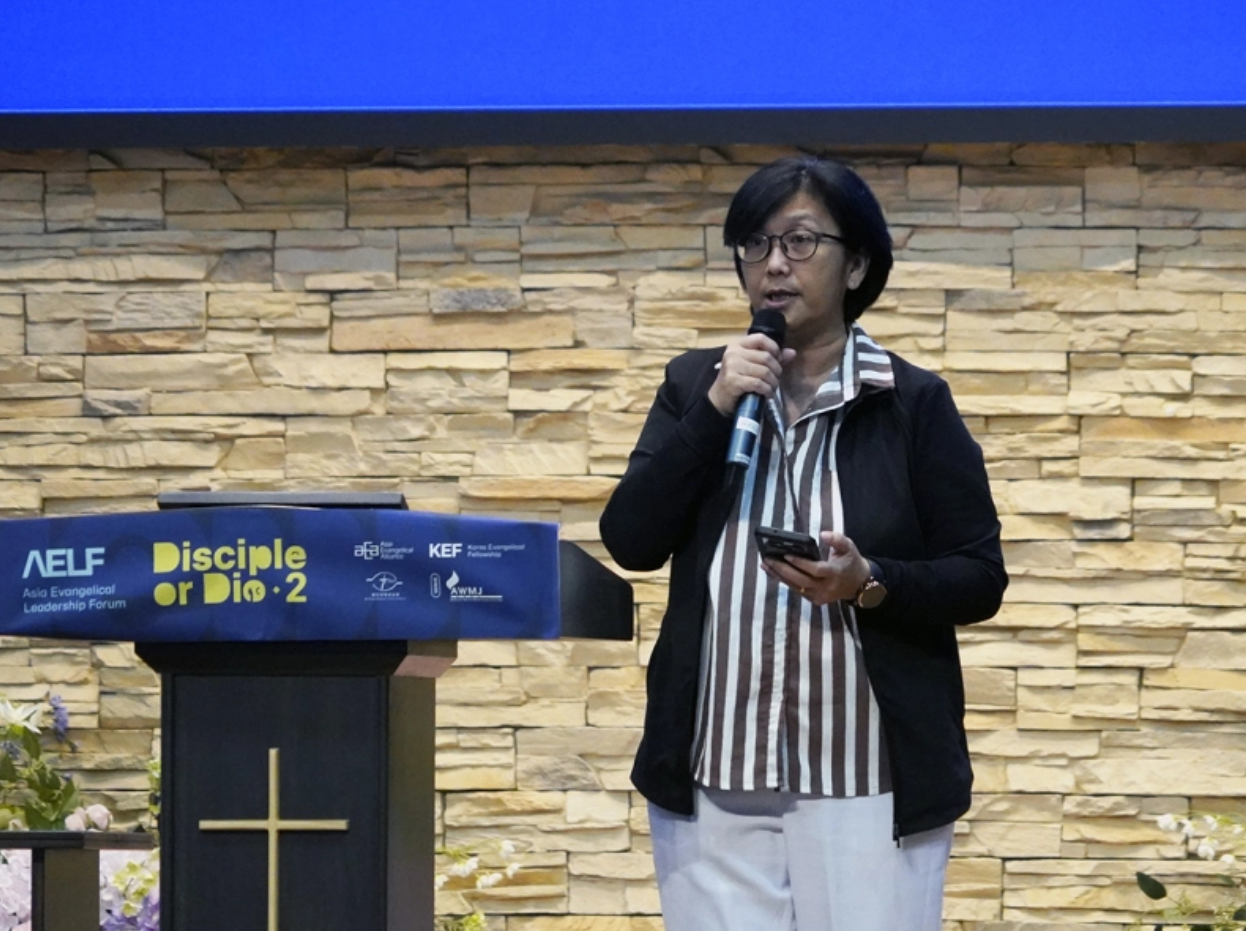My profoundly disabled son poses an uncomfortable question to the church and to society: what does it mean to be human?
“Micah doesn’t have the God-stamp in him,” declared Tabitha, my daughter (aged four at the time), as we exited her junior church service. For several weeks she had been exploring a series on the image of God. Micah is Tabitha’s older brother, who has a diagnosis of autism, severe learning disability, often challenging behaviours and a few other descriptors thrown in too.
“Micah can’t create anything, he just destroys it, he can’t figure hard things out and he can’t make friends with anyone – why can’t Micah come to church with us any more, because he doesn’t have the God-stamp?”
The following day as I succumbed to the back-to-school social media photo streaming, Tabitha insisted I also post a photo of Micah with captions to mark his new school year and current career aspirations.
“Well, what will Micah be when he grows up?” I asked her, prayerfully poised to explain that Micah’s future did not include a career in rocket engineering. Tabitha paused, pondered and proclaimed: “When Micah grows up, Micah will be my children’s uncle. I know Micah has the God-stamp.”
Tabitha was undergoing an internal grappling as she experienced the disconnect between her relationship and bond with her beloved brother, and the structures of Christian teaching and community.
Dealing with the disconnect
On the one hand, she inhabits a Christian community whose theology and practice has sadly assimilated to the utilitarian value system of the world. Theimago dei, the essence of our humanity, had been so far reduced that it excluded her brother’s humanity.
On the other hand, Tabitha is a product of her cultural age, in which the defining driver of understanding humanity is an individual’s personal experience and emotion.
I have grappled with the same disconnect. I have scoured the systematic theology volumes, seeking to understand the humanity of my son, only to find more gaps than answers. I was offered an understanding of the imago dei that is less than full.
I can relate to Mark’s gospel accounts of the mothers (Mark 10) and the father (Mark 9) who approached the community of Jesus for His blessing and wisdom, only to experience more pain and frustration. There has been exclusion and pity, prayers for removal of impairment, hope-filled heavenly pointing to when Micah will be ‘normal’, or as one contributor mentioned at a recent roundtable I hosted on disability, that virtuous photo on the church website, marking them as‘inclusive’.
Read full article here
Evangelical Alliance UK is a member of the World Evangelical Alliance. To learn more visit EA UK




